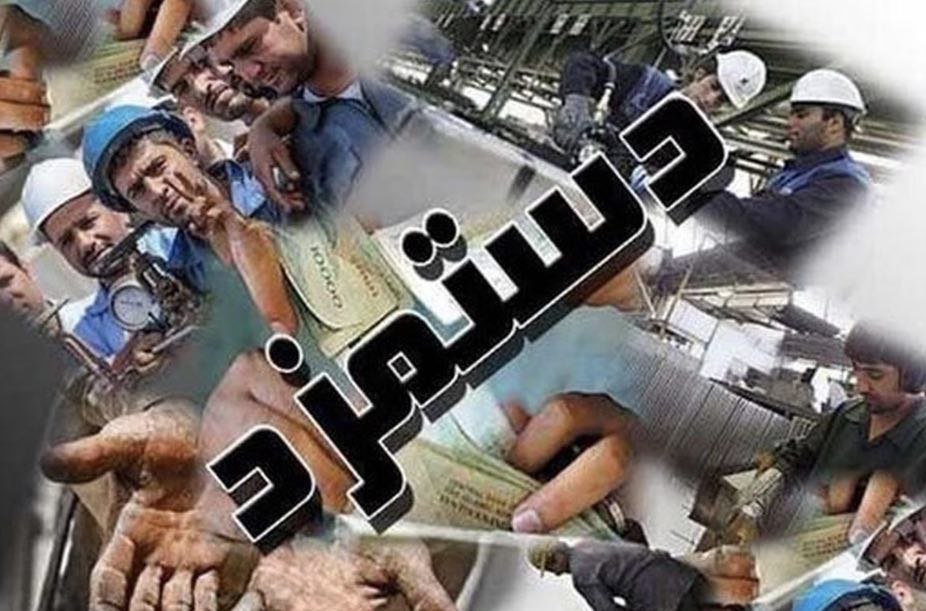Minimum Wage 2023 and Nationwide Protests in the New Year
The minimum wage for 2023 and nationwide protests in the new year, according to Iran Gate, saw a roughly 27% increase in the minimum wage for 2023 by Raisi’s government, which faced a strong public backlash. Experts consider this move as adding fuel to the fire of societal dissatisfaction with the government’s performance.
In the final days of 2022, the Supreme Labor Council announced that the minimum wage for 2023 would increase by 27%. This news triggered reactions from many experts and various sectors, while the government’s criteria for determining the minimum wage remain unclear. Many believe this decision by the Supreme Labor Council will further ignite the flames of protest.
These criticisms come in a context where last year’s government approach was completely opposite to this year, and experts believed that a 57% increase in the minimum wage would lead to a serious crisis in the labor market.
Destruction of One-Third of Workers’ Purchasing Power Overnight
Most economists believe that in conditions of chronic inflation, governments managing the labor market are forced to reasonably increase the minimum wage. Experts believe that a sensible and favorable increase could be equivalent to the country’s inflation rate.
That is, if the year-end point-to-point inflation is 10%, it is reasonable for the minimum wage to also increase by 10%. However, Ebrahim Raisi’s government neither this year nor last year followed this rule and strangely showed a 180-degree shift in this regard.
As mentioned, it has been decided that the minimum wage in 2023 will increase by about 27 percentage points. Meanwhile, the point-to-point inflation rate in March 2022 was recorded at over 63%. In simpler terms, it can be said that the minimum wage of a worker in 2023 is about 35% behind the inflation rate. This statement implies a 35% reduction in one-third of the purchasing power of workers and minimum wage earners in the new year.
Of course, this is assuming the government can stabilize inflation within this range and prices do not rise faster than they do today. Otherwise, the purchasing power of ordinary people will also decrease in proportion to the rising inflation rate, as minimum wage earners will receive the same salary by the end of the year as they did in April, with no further increases throughout the year.
Neither Too Salty, Nor Too Bland
As mentioned, this policy was adopted in a situation where last year the government decided to increase the minimum wage by 57%, meaning that in 2022, non-governmental workers and employees received a salary 57% higher than in 2021.
This was while the point-to-point inflation rate in March 2021 was about 46%, and workers’ wages increased by 10% more than the inflation rate. Although subsequent inflationary surges quickly swallowed this 10%, this government approach attracted a lot of criticism and complaints.
Many believe that the devastating consequences of this decision in the labor market led to the resignation of Hojatollah Abdolmaleki from the Ministry of Labor. Now it seems that Raisi’s government has decided in the new year to rectify last year’s mistake, but astonishingly has committed an even bigger and more severe error than the previous year.
That is, not only has the minimum wage not increased in line with the inflation rate, but the gap between the increase and inflation is more than double. The consequences of this government decision will quickly be seen in the lives of workers and minimum wage earners across the country, as this policy means that the wages of minimum wage earners are 35% less than in 2022, and they have lost more than one-third of their purchasing power.
Fuel to the Fire of Protests
Many experts believe that this very government policy indicates that without a doubt, we will face protests throughout 2023, rooted in livelihood issues. Recent attacks by unions and labor associations also confirm this prediction by experts.
On the other hand, many believe that the government is compelled to increase energy carrier prices, especially gasoline, in 2023. This reminds us of the protests in November 2019 against the gasoline price hike and the widespread killing of protesters by security forces that year.
The decline in government foreign exchange revenues and the rapid increase in the dollar price also intensify the likelihood that the streets of Iranian cities will witness protests rooted in the livelihood issues of low-income households and even the middle class in 2023.

